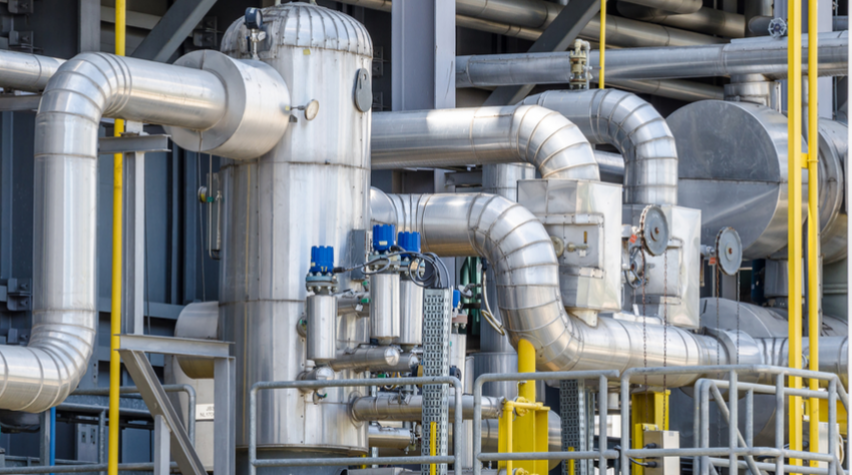
A new filter developed by a team of chemical and biological engineers working at Tufts offers manufacturers the possibility of separating and purifying chemicals in highly selective ways that are currently impossible. Furthermore, the new technology presents the possibility of doing so using less energy and at lower rates of emission than conventional separation methods.
Separation by size and charge
The membrane filter has the ability to separate organic compounds both by size--as small as a molecule--as well as by electrostatic charge. The membranes use a simple, scalable process in which a specialty polymer is dissolved in a solvent and coated onto a porous support. The polymer self-assembles to create approximately 1 nanometer size channels that mimic biological systems, such as ion channels, which control the passage of compounds through cell membranes with great effectiveness.
Broad potential for applications
The team's work has potential applications, including purification of antibiotics, amino acids, antioxidants and other small molecule biologic compounds, and the separation of ionic liquids from sugar in biorefinery facilities. However, the researchers believe that their current work can also be adapted and specialized for other types of separations.
Overarching goal behind the project
The larger goal behind the new membrane filter is to reduce energy and emissions resulting from separations. Ayse Asatekin, Ph.D., a chemical and biological engineering professor in the Tufts School of Engineering and the corresponding author on the project, illustrates the need behind the work, citing a figure drawn from Nature that states that 10 to 15 percent of global energy use is devoted to separations.
For a more detailed account of this work, see the team's news release as well as their published work in ACS Nano.


